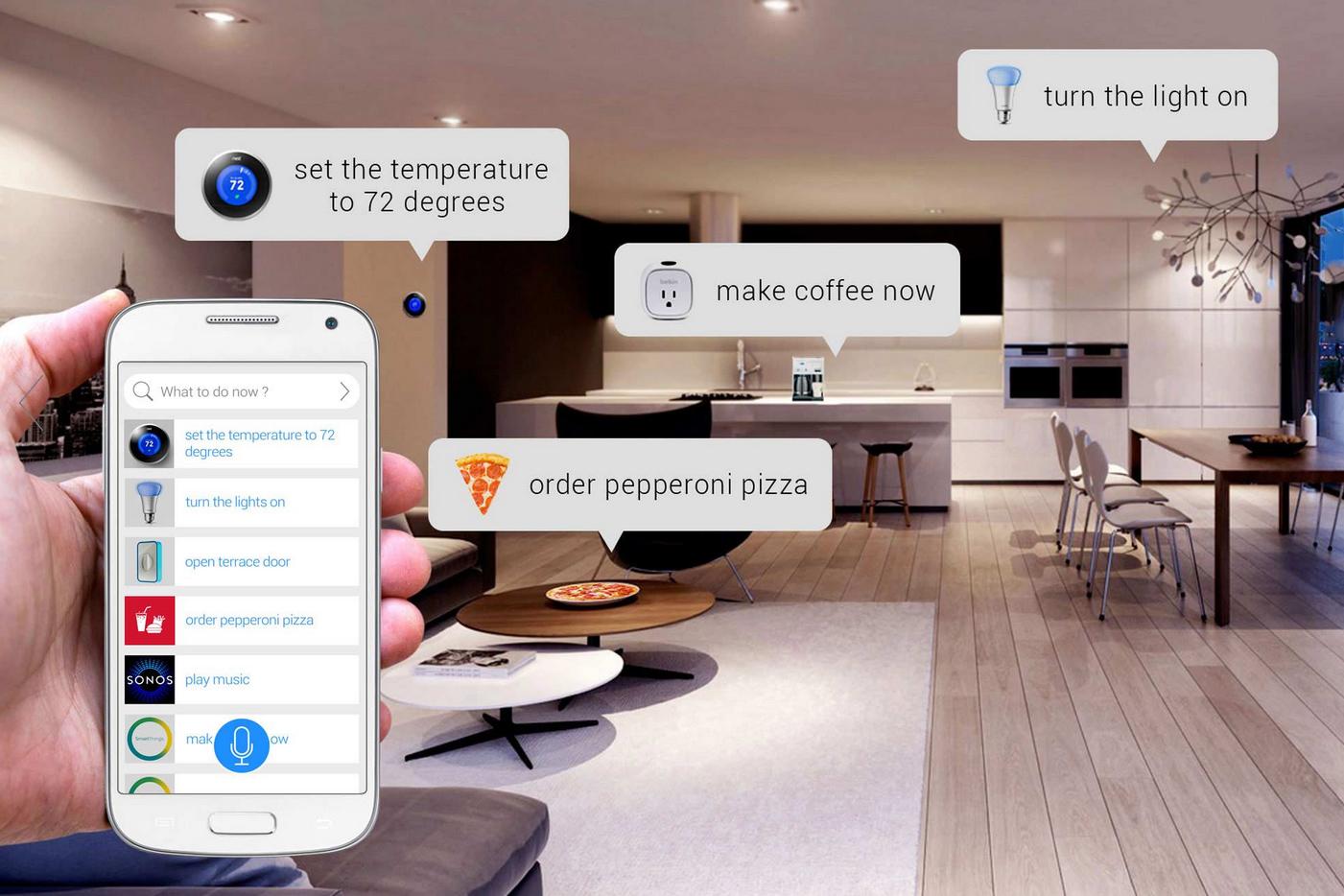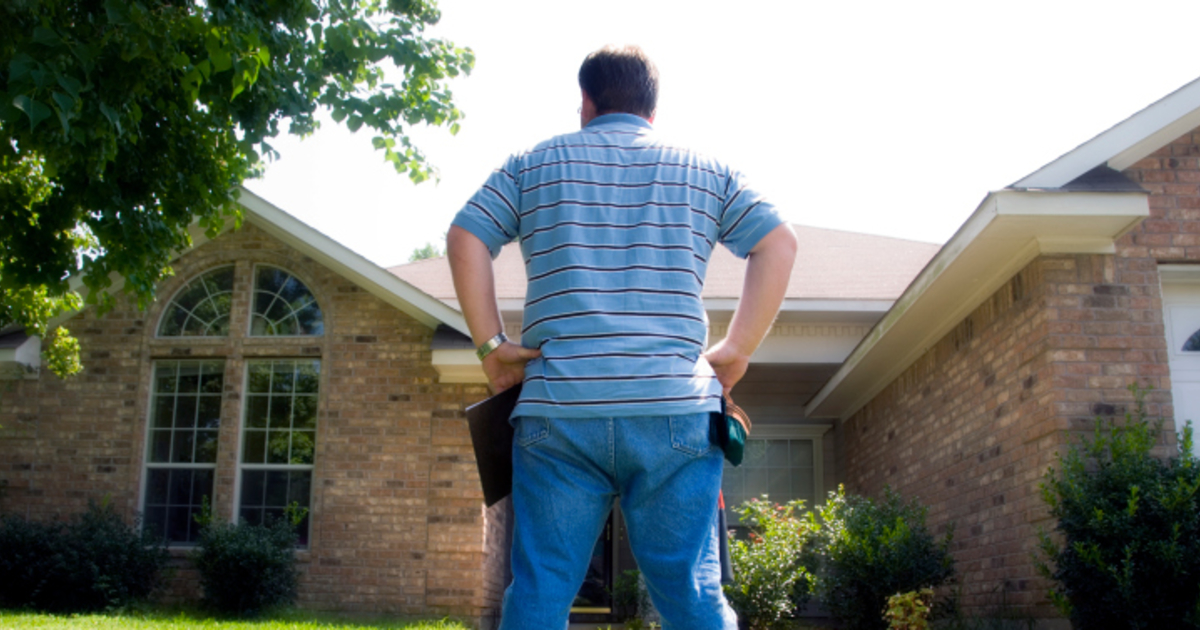How Smart Is It To Invest In a “Smart” Home?
In the recent technology boom, we are spoilt with a lot of options. Gartner, a research firm, projects a five-fold increase in connected devices by 2020. A lot of devices and products are at our disposal ranging from smartphones, smart cars, smart watches and now even smart homes! Imagine being able to control features of your home like lighting, temperature, the opening of door locks and much more with your smartphone. These are all made possible by the Internet of Things (IoT), the network of physical objects being able to communicate over the web. However, with opportunities also comes threats. It’s like a double-edged sword. On one side you have the pros of making your home smart, for example, convenience and, on the other hand, you have the cons like security breaches, so you are faced with this conundrum of whether to go for it or not. A study by Hp showed that 70% of smart devices lack proper security features like password protection and data encryption. It also analyzed the 10 most popular products on the market and found out that there was on average, a staggering 25 deficiencies on each device.
In light of all these potential pitfalls, one might think that smart homes and security are mutually exclusive. But that couldn’t be further from the truth. With the proper measures put in place, you can enjoy the holy matrimony of smart homes with high-end security.

Be Careful
When choosing a device, be sure to look out for ones with more security features and adaptability. Choose a device that is not only smart but also safe. The following are key features to look out for:
- Strong Authentication. Any product connected to the internet should have strong usernames and passwords to fend off hackers. The less security authentication a product has the more susceptible it is to be hacked. Make it difficult to guess or hack your passwords and usernames. Build a fortress around your product and constantly improve on any frailties in the product that may be targeted.
- Choose a product that gives you encryption functionality. Encryption protects the information that is being sent over your home network or public networks. Choose products with 128-bit of encryptions or more to be on the safer side.
- Fewer ports. The less number of ports you have the better. Ports are passageways of information that allow manufacturers to communicate with their products. But these ports can also be used by hackers as a route into your device. So to decrease the chances of being hacked, go for products with fewer ports.
If you are not a tech savvy person, before buying a product always do your research. Ask professionals or search the web to make sure you are buying the best product.
Making your home as secure as possible
Just as it’s important to make sure the IoT products you are buying are secure, you also have to ensure the mobile phone you are using to control them are just as secured. Put strong passwords on your phones and install very sophisticated anti-viruses to prevent them from being easy to hack. An iPhone is a more secure choice, as it has features like iCloud that prevent thieves from accessing your phone even if it has been reset. It also has the function of wiping out all of your data if a thief fails with ten attempts to unlock your iPhone.
IoT products are still at their infancy stage and as a result, there may be various security deficiencies. It would be wise to keep that mind when going for products of such nature so you can put the necessary measures in place. After all, it’s better to be safe than sorry.





